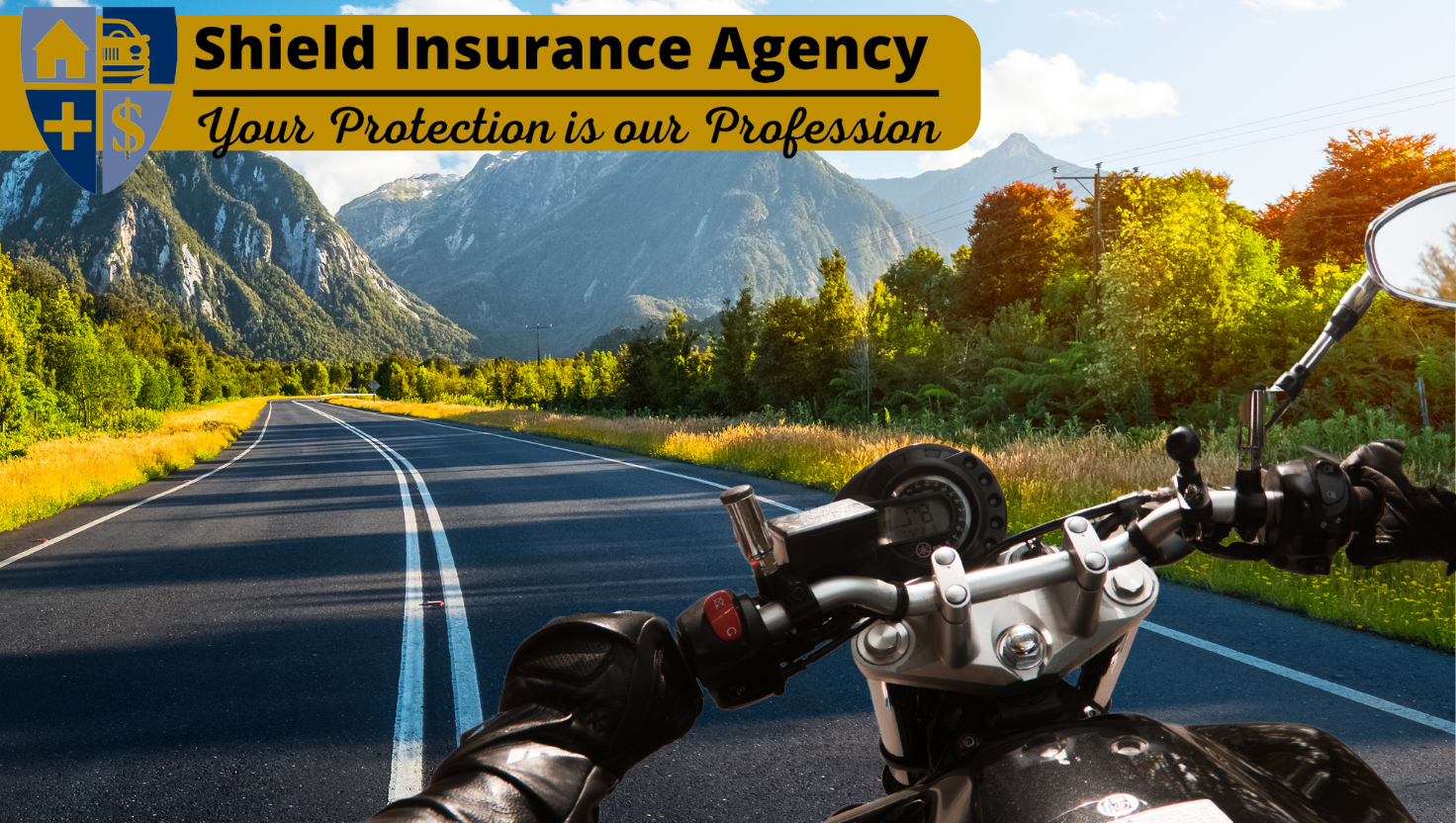
Pet Safety Tips for the Holiday Season
Pet Safety Tips
The holidays are an exciting time of year for all members of the household, but especially for your four-footed pet. It can be a challenge to keep the enthusiasm to a minimum with an energized pup or stubborn kitten, and once those decorations go up and the food comes out, there’s really no telling what they’ll get their little pet paws into.
I grew up with a little Cockapoo dog named Jake and he LOVED to eat. Anything we dropped on the ground during dinner (ahem, broccoli, beans, peas…) was quickly vacuumed up by him. In hindsight, leaving our homemade fudge under the Christmas tree was definitely a mistake. Who knew a canine could sniff that out through the wrapping paper?! With an entire batch of chocolate fudge gone and a mess on the sidewalk from the poor pooch, we learned our lesson, pet safety comes first.
While this season can bring their joy, if you’re not careful about pet-proofing your home, poor Fido (or in my case, Jake) could be set up for despair. Check out how these six unassuming seasonal items could put your pet in danger.
Christmas Tree
Christmas trees are a holiday staple, and while they certainly add to the festivities, they can be pretty distracting for your pets. Keeping pet safety in mind, the following items should be kept out of reach from your curious friends.
- If you own a cat, forget about the tinsel. This shiny decoration can cause severe damage to their intestinal tract and can prove deadly if ingested.
- Ornaments can be both a choking hazard and, if broken, the sharp pieces can cut your pet’s paws or mouth. Place fragile ornaments out of reach and let the softer ornaments made out of plastic or fabric rule the bottom branches.
- The tree itself can be a safety hazard for your pets if they climb up on the branches. Additionally, live pine needles can puncture your pet’s intestines if ingested. Place your tree in a corner and firmly anchor it to the wall or ceiling to prevent it from toppling over.
- Any ribbons or strings on wrapped presents can lead to choking or strangulation for a curious pet. While the additional decorations are attractive, we suggest nixing them to avoid the risk.
Food
One of the best parts about the holidays is the food! All those tasty desserts and platters can make anyone’s mouth water. But remember pet safety and my story before? Mr. Fluffy might love that rich chocolate for the first few minutes, but consuming even a little bit can turn that festive evening into a nightmare.
- Chocolate is essential during the holidays but is toxic to cats and dogs. All chocolate, fudge, and candy contain dangerous components called xanthines, which cause nervous system damage and heart muscle stimulation. Pay extra attention when these treats are out during a get-together, and consider storing them in a drawer or cupboard when you’re not enjoying them.
- Turkey and turkey skin, even in small amounts, can cause a life-threatening condition in pets known as pancreatitis which, in the long run, can cause severe organ and brain damage.
- Bones from any fish, meat, or poultry, big or small, can cause problems if splintered during consumption. Keep to the regular rawhides and hardened, sterilized bones for those yummy treats. For more information, check out what Healthy Pets has to say.
Plants
You’ve probably heard by now that poinsettias are hazardous for your pets, but did you know that holly, mistletoe, hibiscus, and potpourri are even more dangerous? Holly can cause an upset stomach and be potentially fatal. Mistletoe also upsets the stomachs of both cats and dogs and can cause heart collapse. Hibiscus can cause diarrhea, and who needs more cleanup during the holidays?! Dry potpourri (while not technically a plant) can cause vomiting while liquid potpourri can cause thermal or chemical burns, oral and stomach ulcers, drooling, and vomiting.
When decorating for the holidays this year, be sure to place these plants out of your pet’s reach or settle for a realistic imitation.
Scented Candles
Candles are particularly attractive to pets because of their smell, taste, and texture. However, as you can imagine, a lit candle can quickly become a major fire hazard if tipped over or scooted against a flammable object. For pet safety, make sure all candles, both wicked and wickless (candle warmer), are placed above the reach of your four-footed family members and are always supervised by a responsible adult.
Snow Globes
According to The Catnip Times, many snowglobes have been found to contain ethylene glycol, also known as antifreeze, which is highly toxic to all pets. If a snowglobe breaks or has a leak, even one teaspoon of this concoction (two teaspoons for dogs) when ingested can be fatal.
If you believe your pet has ingested any of this substance, immediately seek help and call your family veterinarian.
Electrical Cords
For pet safety or child safety, make sure all electrical cords are carefully hidden so your dog doesn’t make a chew toy out of them! Any kind of penetration past the protective coating of the cord can cause electrical shock to your unsuspecting pooch. Pro Tip: run the cords through PVC pipe or an extra cardboard roll of wrapping paper to avoid accidental traumas! Pet safety is paramount.
Keeping these tips in mind can help you make sure the holiday season is safe and festive for you and your pets!



















































